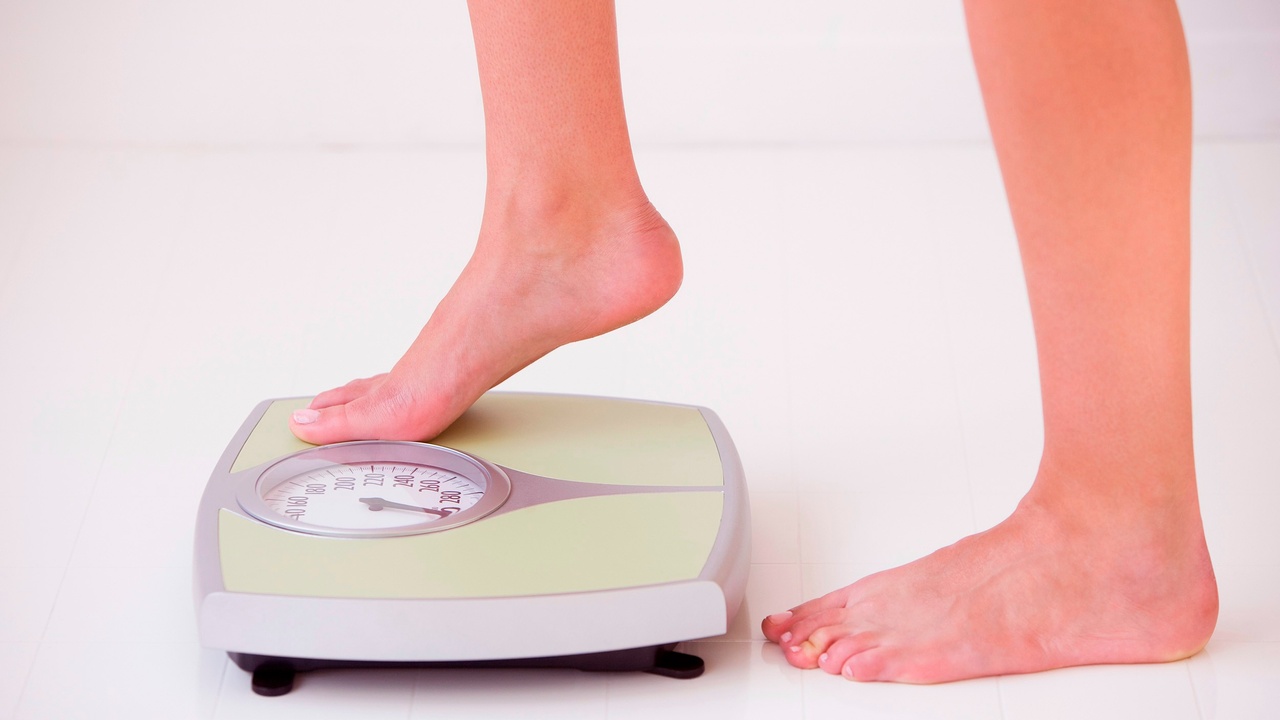
5 Common Triggers to Weight Loss Resistance
Aug 11, 2022Does the number on the scale never budge? OR worse…it only increases?
It can feel so frustrating when you feel like you’re doing everything right: you’re eating well and you exercise consistently but your clothes don’t fit well and you feel like a failure for not being able to lose the weight.
Weight loss resistance is MORE than a vanity problem. Excess weight is a risk factors for many conditions such as:
- Heart disease (the number one cause of death in women worldwide)
- Thyroid disorders
- Diabetes / insulin resistance
- Metabolic disease
- Chronic illness
If so, here are 5 common triggers to weight loss resistance that have NOTHING to do with diet or exercise.
Environmental toxins
Environmental toxins are found all around us including these common household items:
- Candles
- Lotion
- Shampoo
- Makeup
- Food
- Water
These toxins mimic your hormones, such as estrogen, and can lead to an inability to lose weight. In addition, if your body is unable to keep up with detoxing the amount of toxins it is exposed to, it protects the essential organs by storing those excess toxins in fat.
Chronic stress
It's all too common to reach for comfort food after a stressful day which can result in excessive calorie intake.
Stress also impacts your hormones by causing your body to create cortisol, which is linked to weight gain and an inability to lose body fat.
Hypothyroidism
Did you know up to 60% of Americans with hypothyroidism are unaware they have the problem.
Your thyroid is your master metabolic hormone and manages many of your body's processes. When it's underperforming, metabolism slows, and weight gain increases.
Sex hormone imbalances
Estrogen, progesterone, and testosterone also all play significant roles in stubborn weight.
All of these hormones can impact metabolism. Any imbalance in any of these hormones can lead to a decrease in metabolic rate and an increase in fat storage. Testing to identify any hormonal imbalances may help you create an individualized health plan. It’s important to realize, however, that cortisol and thyroid hormones can influence sex hormones. Beginning with rebalancing those leads to more fruitful results.
Poor gut health
This means that your gut has a massive impact on your hormonal balance, and is often the root of hormonal issues. Here are a few key hormones modulated by your gut microbiome:
- Your gut produces most of your serotonin. An inflamed gut can impair this production and can lead to low levels of serotonin. Serotonin is best-known for increasing your sense of happiness, but it also serves as a precursor for melatonin.
- Norepinephrine and epinephrine are also strongly linked to your gut health. These hormones control your fight-or-flight response. Elevated levels, which can result from harmful bacteria in your gut microbiome, cause stress, anxiety, and depression. This triggers more hormonal issues in a vicious cycle.
- Estrogens are also regulated by the gut through the estrobolome.
- The gut and thyroid have a bidirectional relationship. Poor gut health can lead to thyroid problems and thyroid disorders can contribute to leaky gut.
If you’re feeling frustrated because you are having trouble losing weight despite regularly eating a healthy diet and exercising, then understand that your situation may not quite as straightforward.
Tips to get started:
- Removing toxins from your environment (check out EWG.org)
- Managing chronic stress
- Supporting thyroid function
- Healing your gut
If you need help moving past the adage of “eat less and exercise more,” then we are here to help! Contact Root and Ritual Functional Medicine today to schedule your first appointment.

